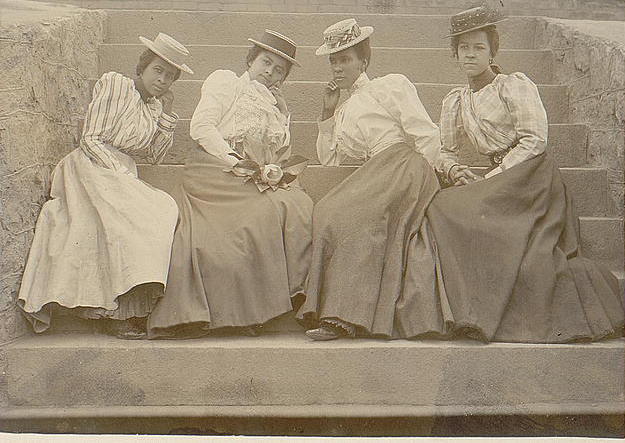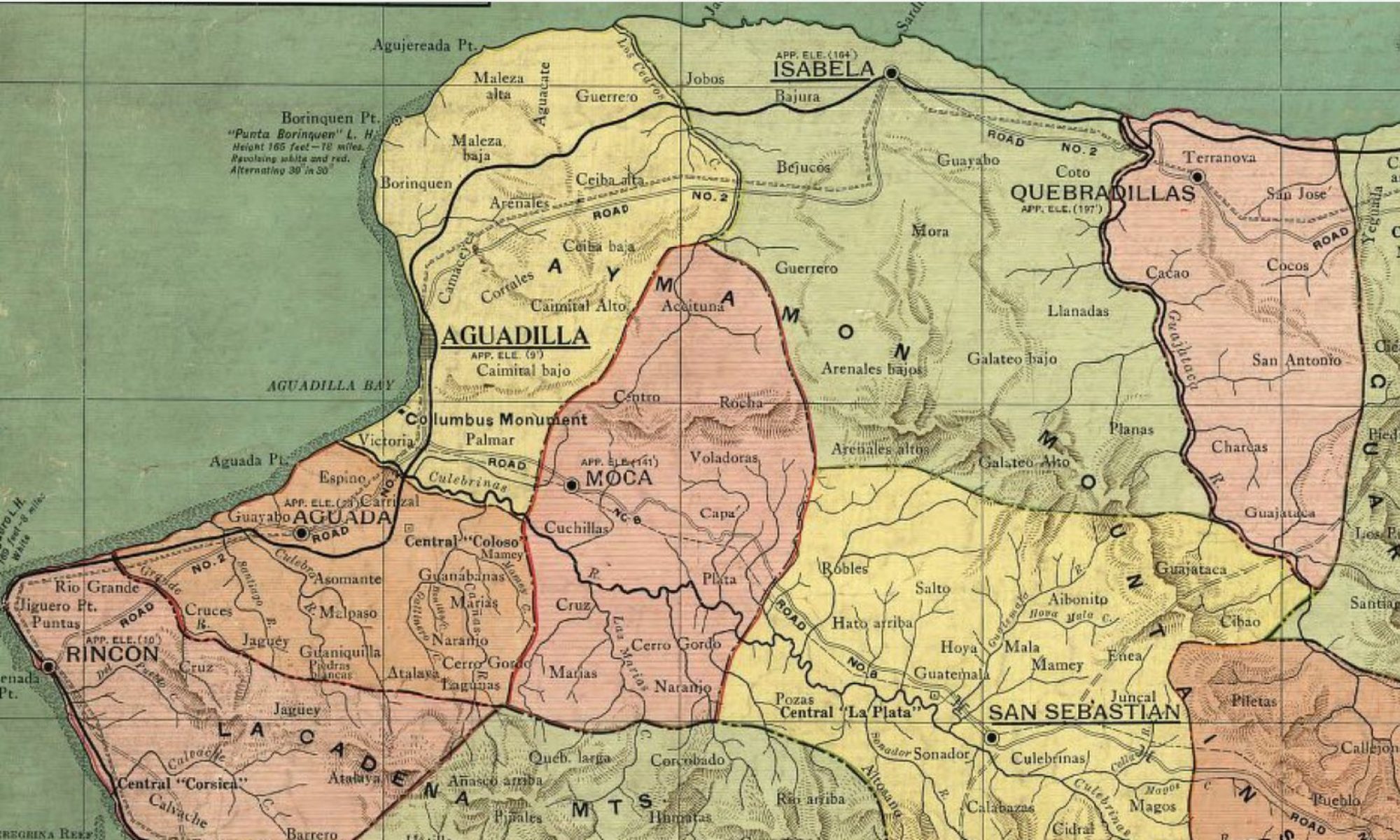
Oh, America. The labor, sweat and blood that went into the infrastructure of this country, into its buildings and roads is a history, that for 400 years was presented as someone else’s. All of this effort, excellence, and memory can’t be crammed into the shortest month of the year– nor can it be recounted on one day.
Regardless, we need to honor those that came before us, and one way I can think of is to find those ancestors embedded in the shadows of a suppressed history. It takes time and work to find the details , but it’s so worth it.

As I write this on Juneteenth, I see it as a very different day this year because so many decided to stand over the last month, right after the lynching of George Floyd. His death was a catalyst, a wake up call for the complacency with an investment in death. On Black ProGen, we have talked about the crushing effects of structural racism on BIPOC families, which in turns shapes the documentation that we can access to research the lives of our ancestors.

I was honored to speak the names of Leoncia Lasalle, Dionicia Rodriguez Lasalle, Juan Tomas Gandulla and Tomas Gandulla yesterday on the Juneteenth Celebration held by Black ProGen Live with host Nicka Smith, True A. Lewis, Shelley Murphy, Andre Ferrell and James Morgan III, all bringing knowledge to a lively discussion on different dimensions of what gets folded into Juneteenth, the effort, the freedom and the struggle. It makes one pause how much sitting on knowledge played into this all, how much hiding of violence, how much denial, how much disregard was surmounted in pressing for equality.
I am honored to work on the ancestors of Orlando Williams, whose struggle for justice and recognition of the humanity of his uncle, Claude Neal lynched in Florida in 1934 continues to this day. On Tuesday he will speak before the Jackson County Commission to why the tree where his uncle died needs to be preserved. But that is not the only part of that history– there is the fabric of family that continues to sustain that can’t be obscured by becoming a statistic, number, or symbol. These are ancestors we work with, whose memory we keep alive.
Honor the resilience, the survival and desire channelled into seeking social justice, building institutions, creating communities, for no one can live this life alone. May we persevere and lift our ancestors stories into the present, because we are so in need of those stories in these times– aptly named by Rev. William J. Barber II as the Third Reconstruction, preceded by the Second Reconstruction of the 1960s-70s and the First Reconstruction of the 1860s-70s.
As Civil Rights leader Fannie Lou Hamer said, “Nobody’s free until everybody’s free.”
Happy Juneteenth!
